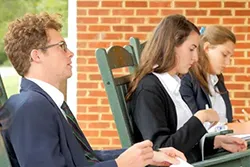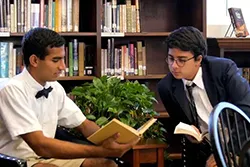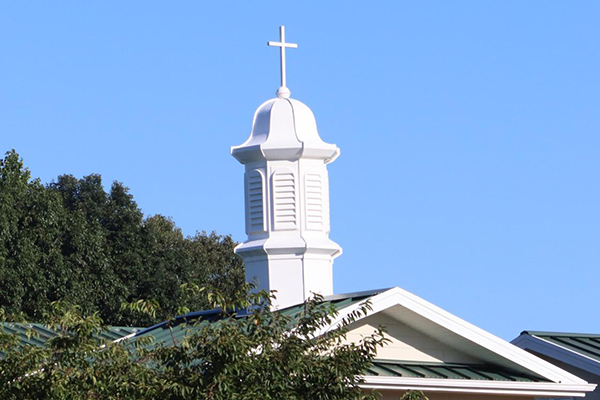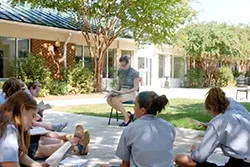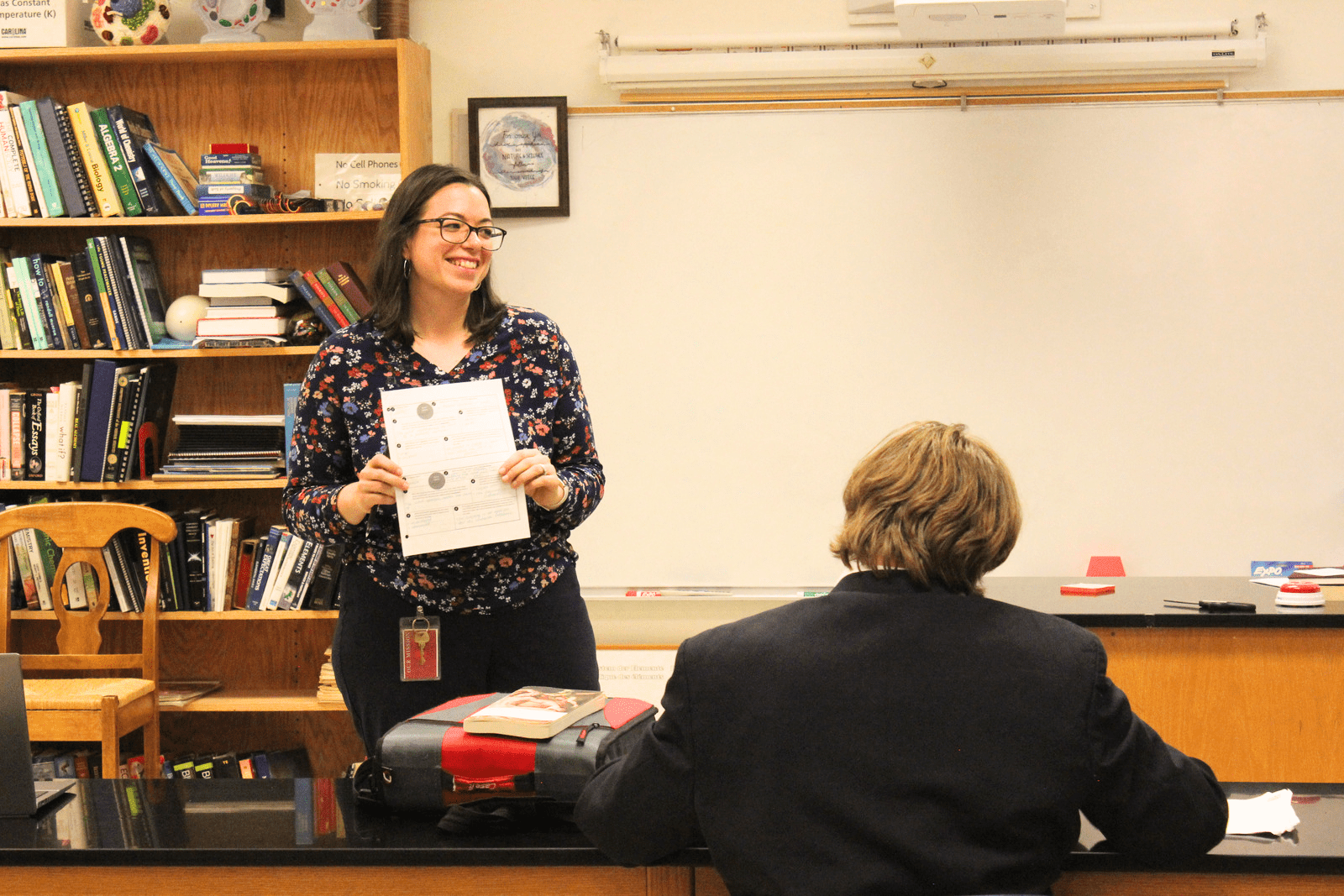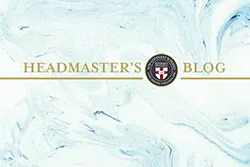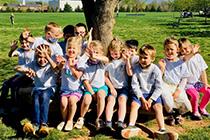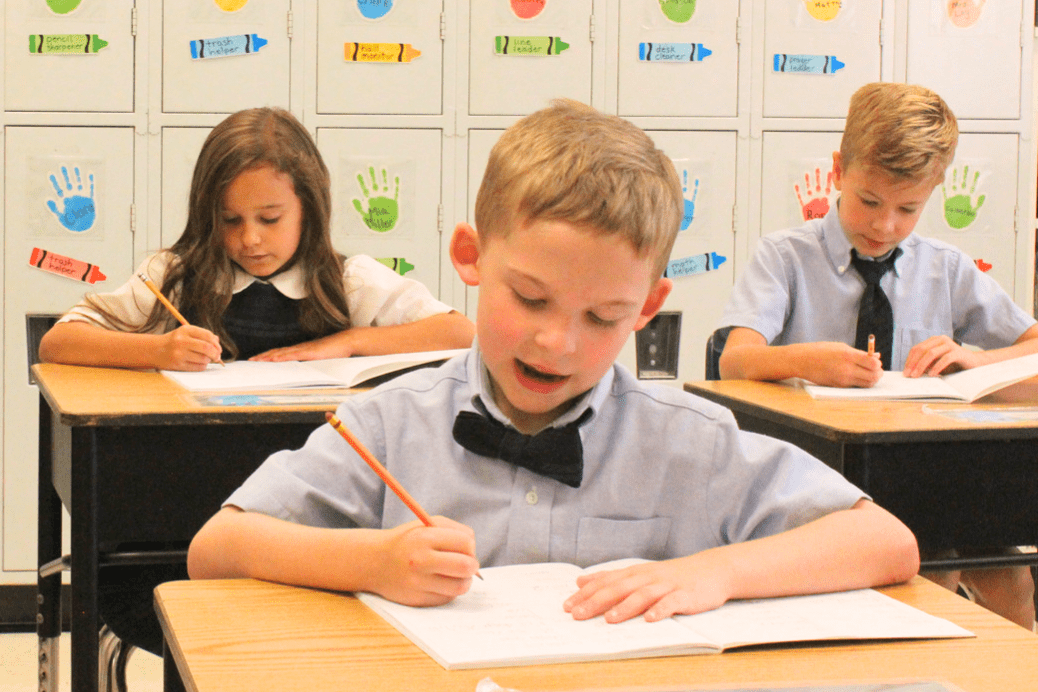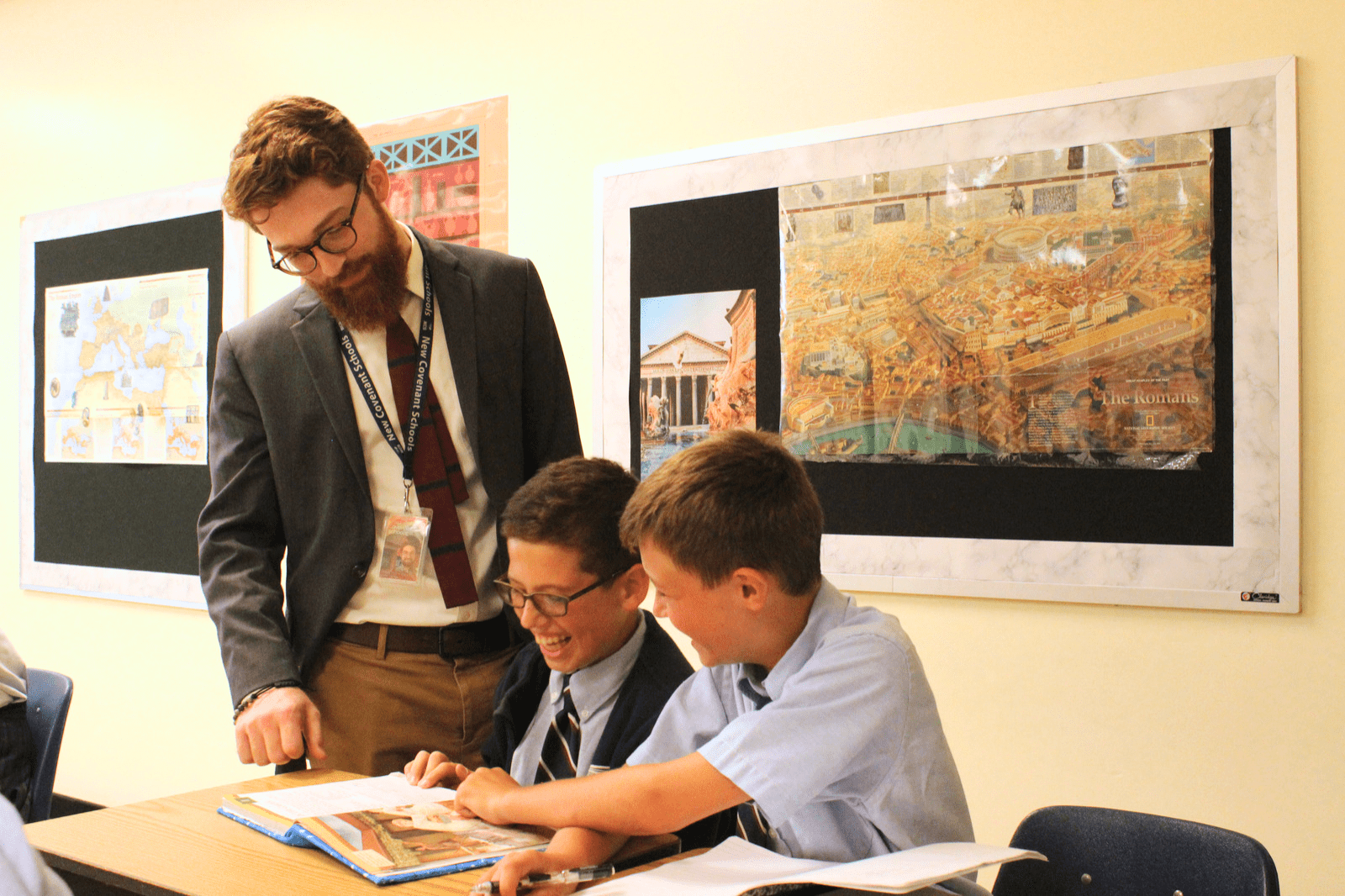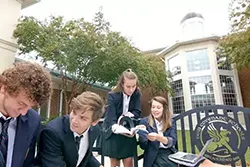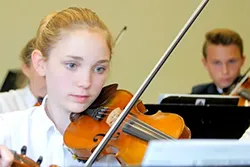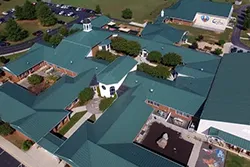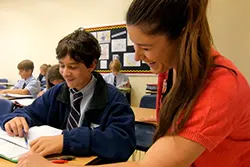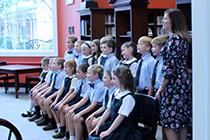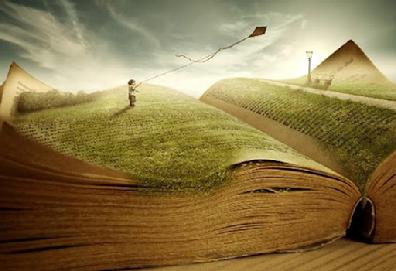Our imaginations should be nourished as an instrument by which we know reality. While C.S. Lewis espoused many thought-provoking ideas, this lesson is a difficult, perhaps impossible one for us to understand, yet it is extremely pertinent for our technological age.
It is the unchallenged assumption that true knowledge comes only from science. We are now a technological society, and as such we unconsciously embrace science not merely as a pathway to knowledge, but as possibly the sole pathway to knowledge. We may be the first people in the history of the world to order our thinking on this assumption.
I would suggest that a classical education should challenge – not forsake – but challenge the notion that empirical knowledge votes everything else off the island. Poetry, for example, is vastly more life-giving than, for example, today’s clickbait journalism. While the 24/7 newsfeeds keep us abreast of “facts,” all of us perceive that such deliberate communication is designed to manipulate us. “Live” coverage on FOXNews or CNN is news that is urgently needed, and thus, leads to the illusion that it matters more. Poetry doesn’t even make the reviews any more in leading cultural magazines such as the New Yorker or the Atlantic Monthly, and has virtually disappeared as we have moved into a culture of the individual.
Poetry is the art of using words charged with their utmost meaning; it is not reductionistic. Great literature uses language pregnant with meaning and layered with texture to fuel our imaginations. As science rules supreme, audiences for all of the arts are shrinking; those that require attentiveness, like poetry, have a lesser share. Moreover, people who speak in public, such as journalists, politicians, and preachers, do not read poetry because the soundbite is more important than nuanced understanding. All of this contributes to a diminishment of our humanity, and most of us are completely unaware of it. Art is a way of knowing the world and God because it avoids the reductionism of the scientific method. Although useful for the technological advances we all enjoy, this kind of reductionism is not an accurate measuring stick for the human condition. Poetry synthesizes rather than analyzes. Its claim is that knowing reality is not the sole purview of science. The arts are not merely the subjective claims of individual preferences, but the arts are an objective use of the imagination. It achieves knowledge not from a detached investigative standpoint, because no one is detached. We all know from somewhere; there is no intellectual “Switzerland.”
Poetic knowledge therefore requires that we become committed subjects, not objective observers. We allow our imaginations to sympathize with knowledge we know to be real. As teachers in the classical tradition, we demand that our students surrender themselves to great stories and good poetry.
On average, our children should be more at home with music, poetry and literature than the culture at large. Pop culture, another cultural competitor, should not be the defining motif in church or in school, and should be indulged on one’s own time. For our part, you should expect that New Covenant will do its best to nourish the arts in the experience of every student.




